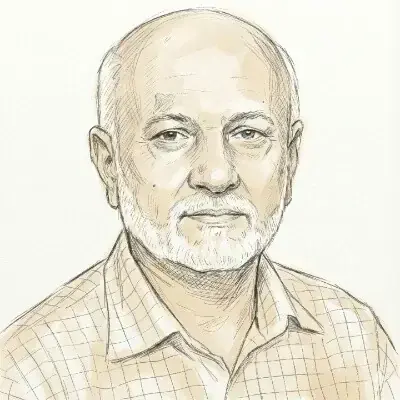ISLAMABAD: Pakistan and the United Nations are likely to announce revision of the flash appeal early next month for more funds to cope with the devastating floods.
UN Resident and Humanitarian Coordinator Julien Harneis told a presser on Wednesday that the original appeal seeking the initial funding of $160 million was not sufficient considering the size of the catastrophe.
“Over the next 10 days, the United Nations and Pakistan would be revising upward the flash appeal as now we need more funds,” said Mr Harneis at the news conference also addressed by Unicef field operations chief Scott Whoolery.
Mr Harneis said Pakistan faced a cascading “second disaster” from diseases as well as malnutrition. The call for more funds came amid reports that stagnant floodwaters have led to widespread cases of skin and eyes infections, diarrhoea, malaria, typhoid and dengue fever.
Read: Deaths in Sindh’s flood-hit areas increase amid rising disease incidence
Toll from waterborne diseases, malaria rises to 324
“We intend to complete the process which will coincide with the briefing on floods to UN member states in Geneva on October 4,” Mr Harneis said. Though international pledges for aid were in excess of $160m, the UN had received just $60m so far, he pointed out. “We are getting good support from the member states, [but] we need to convert those [pledges] more quickly into money so as to convert plans into actions.”
He said at present the priority was to deal with the health crisis now striking the flood-affected areas. Without the health system there was no protection for the people and it would be very difficult to control the spread of waterborne diseases, he added. Mr Harneis said people in flood-hit areas were facing different problems, including polluted water and swarms of mosquitos, adding that were the biggest challenges that the UN needed to focus on.
“As in such a humanitarian situation accountability becomes essential, the acting speaker of Sindh Assembly has notified creation of a special committee consisting of cross-party members to monitor the humanitarian work and to discuss priorities with humanitarian organisations,” he said.
The UN humanitarian coordinator said financial tracking service of the UN Office for the Coordination of Humanitarian Affairs showed that education, logistics and protection clusters had so far remained unfunded against the requirement of $10.2m for education; $1.1m for logistics, and $13.2m for protection.
He said floods had destroyed the agriculture crops in both Sindh and Balochistan, threatening food security, but the food security and agriculture cluster had received only $6.6m against a requirement of $48m. In the health sector, funding requirements were estimated at $22.8m. However, this cluster had received only $3.4m.
Nutrition being an important element for both women and children had also remained lowly funded with just $2.3m received against a requirement of $9m. Shelter and Non-Food Items cluster has received $2.5m against a requirement of $31, while WASH received $7.1m against a requirement of $25m.
“Five hundred children died because of the direct impact of the floods,” said Mr Whoolery. “We’re not worried about hundreds. We’re worried about thousands,” he said of the health crisis.
“Many of them we probably will never know, they won’t be counted.”
Meanwhile, the Global Fund to Fight AIDS, Tuberculosis and Malaria has approved $10m to ensure access and distribution of medicines and health services in Pakistan.
Just before the floods, the Global Fund had provided an extra $18m to support the procurement and distribution of 6.2m long-lasting insecticidal nets.
Toll from diseases now 324
Malaria cases are rampant in the flood-ravaged regions, with the death toll from diseases reaching 324, authorities said, adding the situation may get out of control if required aid does not arrive soon, Reuters adds.
Hundreds of thousands of displaced people are living in the open, and the stagnant floodwaters spread over hundreds of kilometres may take two to six months to recede.
The displaced families are also exposed to other hazards, such as snake and dog bites.
They are in dire need of food supplies, shelter, medical assistance and medicines, which many complain have not been reaching them. Displaced families have also complained of being forced to drink and cook with unsafe water.
“We know it can sicken us, but what to do, we have to drink it to stay alive,” flood victim Ghulam Rasool said as he stood near where his home was washed away.
The Sindh government on Wednesday claimed that makeshift health facilities and mobile camps in the flooded areas had treated more than 78,000 patients in the last 24 hours. Six of them died, it said.
Director General Health Services for Balochistan Noor Ahmed Qazi said they were receiving malaria patients in large numbers on a daily basis.
“We need more medicines and test kits in flood-hit areas,” he added.
Published in Dawn, September 22nd, 2022


































